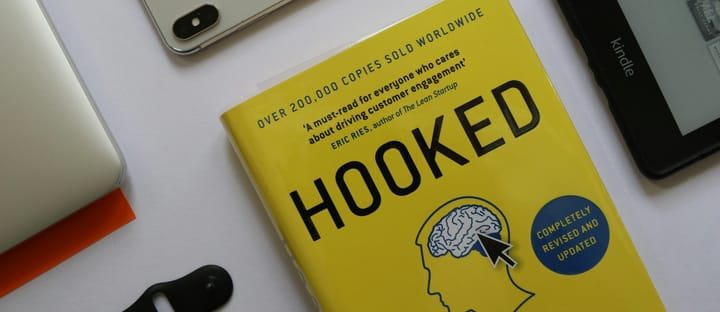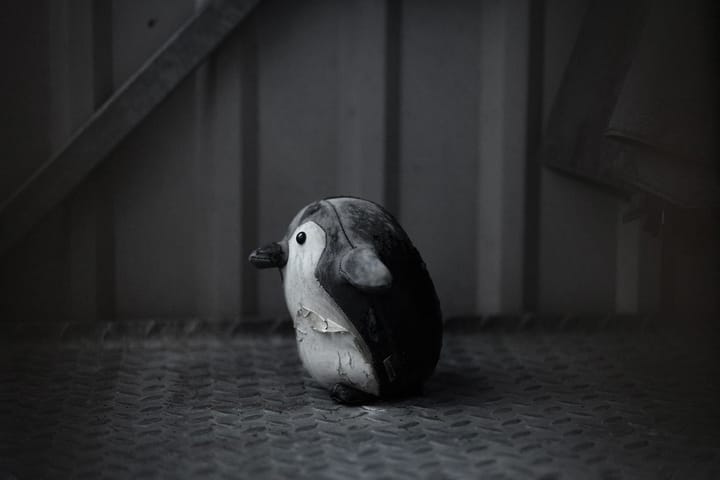When Grief Won’t Heal: Understanding Prolonged Grief Disorder

We experience grief when someone we love dies. For some, however, the emotional pain does not lessen with time. Instead, the sadness stays intense and makes daily life difficult. This condition is called Prolonged Grief Disorder.
It is now officially recognized as a mental illness. This decision has led to public debate. Some headlines claim psychiatry wants to control how long people are “allowed” to grieve, and some critics argue that normal sorrow is being turned into a disease.
But research shows that only a small number of people develop this severe form of grief, and that they often want and benefit from treatment.
Learn what Prolonged Grief Disorder is, how it differs from normal grief, and why it is now recognized as a mental illness. Explore myths, treatments, and evidence.
Prolonged Grief Disorder does not mean ordinary grief.
It describes people whose grief is excruciating, long-lasting, and damaging to their ability to live a normal life.
These individuals are at higher risk for depression, suicidal thoughts, heart problems, and other health issues.
In a large study funded by the National Institute of Mental Health, every individual who met the criteria for this diagnosis reported being open to treatment. Many of them also said that learning they had a recognized mental health condition brought them relief, not shame.
Common myths about prolonged grief
There are many misunderstandings about Prolonged Grief Disorder. Some say the diagnosis shames mourners or dishonors the dead. Others claim it is wrong to push medication on people who are just sad.
But these concerns are not supported by evidence. People with this disorder are not told to forget their loved one or to stop grieving. Instead, they are offered help to ease the intense sorrow that prevents them from healing. Treatment does not erase the love or memories of the person who died—it helps the living find a way forward.
The idea that grief should be free from medical labels is not new. Critics often point to history and philosophy, arguing that grief is a natural part of life. Others see the diagnosis as part of a broader cultural trend to label all emotional suffering as illness.
Yet, the debate about what counts as a mental disorder is not specific to grief. These arguments are raised for conditions like depression, anxiety, and even post-traumatic stress.
What does the research say?
When medical professionals diagnose Prolonged Grief Disorder, they use strict criteria. A person must show ongoing emotional pain, difficulty functioning in daily life, and a clear link between the symptoms and a major loss.
Studies show that only about 1 to 4 percent of bereaved people meet this standard. The risk of confusing normal grief with a mental disorder is very low—about 1.5 percent in one study. Mental health professionals, when trained on how to use the criteria, can tell the difference between normal and disordered grief with high accuracy.
It is also untrue that people feel ashamed of the diagnosis. In surveys, most bereaved individuals with Prolonged Grief Disorder said the diagnosis helped them understand what was happening and made them feel less alone.
Almost all said they would want treatment if it could reduce their suffering. Some even said they would feel worse being told their pain was “normal” and that they should just wait for it to pass on its own.
Treatment is not! about forgetting
Another concern is whether medication for Prolonged Grief Disorder might block the mourner’s memories or feelings of love.
The treatments for this condition are not meant to erase emotional bonds. Instead, they aim to reduce the extreme sorrow, isolation, and hopelessness that can come after a deep loss. The goal is to help the person rejoin life, not to help them forget.
Antidepressants, which work for other conditions, do not seem to help much with this type of grief. That’s why scientists are exploring new approaches, including psychotherapy and possibly new types of medicine.
These efforts are not about pushing pills but about offering options to people who want help. The argument that this is about medical profit overlooks the needs of those who are truly suffering and seeking relief.
Why is this new diagnosis important
Without a clear diagnosis, people with Prolonged Grief Disorder may be misunderstood, ignored, or told to “just get over it.”
This can make their suffering worse, prolonged, and discourage them from seeking support. When the disorder is acknowledged, it opens the door to getting some help. It also gives social validation.
In fact, studies show that when people feel their grief is recognized by others, their symptoms tend to be less severe.
Some worry that labeling grief as a disorder could increase stigma. But research finds no greater stigma for this diagnosis than for depression. Most people do not judge others for needing help after a loss. On the contrary, knowing there are proven treatments can reduce shame and encourage more people to reach out for care.
Pssst - remember to subscribe to our free newsletter!
About the paper that inspired:
First Author: James Cunningham, UK
Published: Clinical Psychology in Europe, February 2025
Link to paper: https://cpe.psychopen.eu/index.php/cpe/article/view/14351




Comments ()